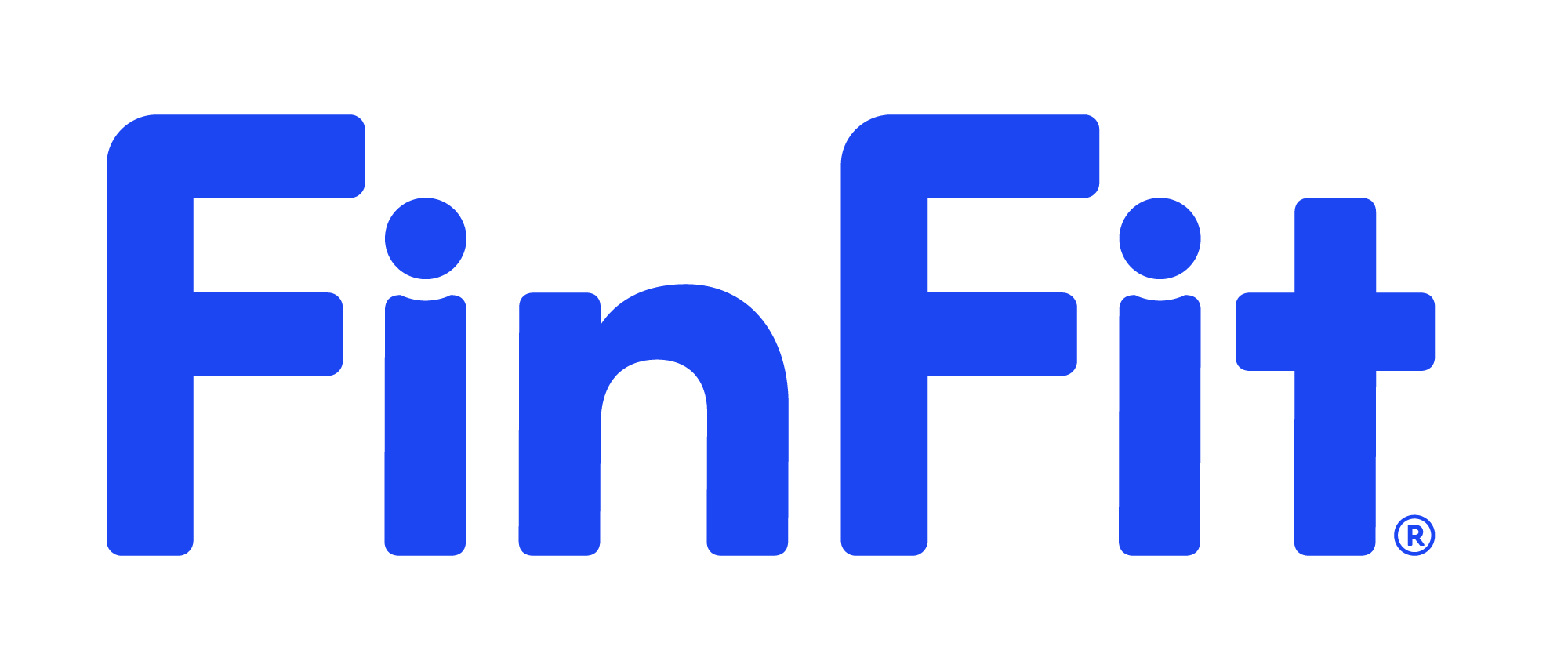Having easy access to credit can be a lifesaver, but managing it wisely is key to staying financially healthy. Borrowing money isn’t inherently bad—credit cards can help with cash flow, and mortgages make homeownership possible for most people. However, mismanaging credit can lead to long-term financial issues. Here are five common pitfalls to avoid when managing credit and debt.
1. Borrowing more than you can afford
Every dollar you borrow needs to be repaid—plus interest. Whether it’s a credit card, personal loan, or mortgage, ensure you can comfortably afford the repayments alongside your other bills and expenses.
Take the time to calculate the true cost of borrowing, including interest and fees. If you borrow more than you can handle, missing payments can lead to late fees, penalties, and mounting debt, creating a cycle that’s hard to break.
Pro Tip: Use FinFit’s budgeting tools or calculators to determine what you can realistically afford before borrowing.
2. Only paying the minimums on credit cards
Credit cards are convenient, but they’re also one of the most expensive ways to borrow if you only make minimum payments. Paying just the minimum extends the repayment period and significantly increases the amount of interest you pay overtime.
For example, if you have a $1,000 balance on a credit card with a 24% APR and only pay the 2% minimum, it could take nearly 11 years to pay off—costing you over $1,600 in interest. By increasing your monthly payment to $30, you could pay it off in just over 4 years and save over $1,000 in interest.
Pro Tip: Always aim to pay more than the minimum—ideally, pay off your full balance each month to avoid interest altogether.
3. Using a credit card for cash advances
Using a credit card to withdraw cash is a costly mistake. Cash advances typically carry higher interest rates than regular purchases, and the interest starts accruing immediately—there’s no grace period. Additionally, cash advances often come with hefty fees, sometimes up to 5% of the withdrawal amount.
For example, withdrawing $100 as a cash advance could cost you an additional $5 fee, plus high interest charges. Debit cards are a much better option for cash withdrawals, as they typically don’t incur fees for in-network ATMs.
Pro Tip: Avoid using your credit card for cash unless it’s an absolute emergency.
4. Missing payments
Late or missed payments can quickly derail your finances. Not only will you face late fees, but you’ll also likely lose any promotional 0% interest rate, and the missed payment will be recorded on your credit report. This can lower your credit score and make it harder to qualify for loans or other credit in the future.
Pro Tip: Set up automatic payments to ensure you never miss a due date. Even if you can only make the minimum payment, staying current protects your credit score and avoids late fees.
5. Falling into the 0% interest trap
0% interest credit card offers can be a great way to manage debt, but they come with a catch: If you don’t pay off the balance before the promotional period ends, you’ll be hit with high interest on the remaining balance.
Many people fail to pay off their balance in time and end up paying significant interest charges. To avoid this, calculate how much you need to pay monthly to clear the balance before the promotional rate ends.
Pro Tip: Mark the end date of your 0% interest period on your calendar and create a repayment plan to ensure you’re debt-free before the higher rate kicks in.
Borrowing money can be a helpful financial tool when managed responsibly, but it’s crucial to understand the terms, avoid unnecessary fees, and make timely payments. By staying informed and proactive, you can avoid common pitfalls and keep your financial future on track.
 Learn
Learn